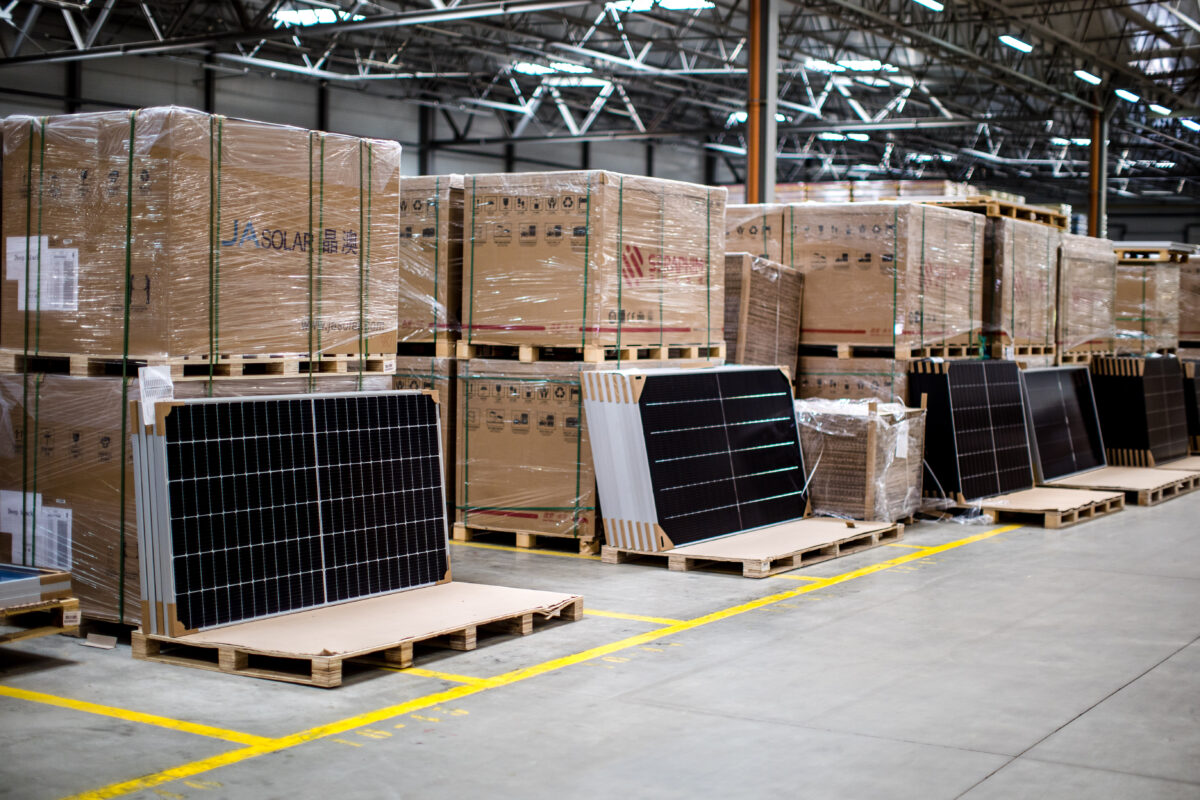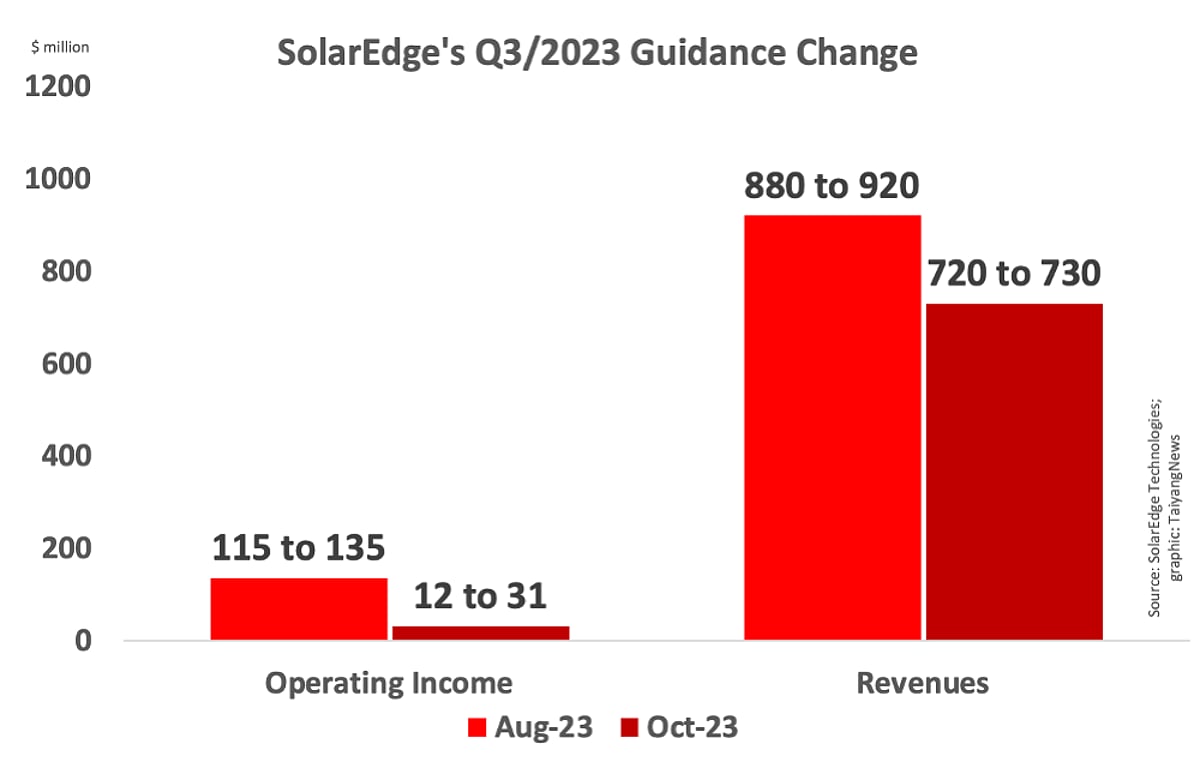I am not commenting on any other Net Metering plan, just mine. The power
I generate goes directly to my neighbors, not back to the power generation.
So there is not a big distribution cost involved. Yes there are transformers
and lines to maintain out there, they are always there, the idea is the connect
fee (that I pay) covers that. Not much is said about my local transformer, it is
always out there using some idle power. That was already true, not just when
I got solar. If these things are largely absorbed in the energy bill, then I have
already been subsidized by neighbors, who use way more than my 4900 kWh
per year, nobody ever criticizes my low usage, there is little difference from today.
As for the REMC plan, I do not participate, my understanding is it is about
getting credit for less carbon emissions, a different subject.
Yes the rich can afford to buy rooftop solar, perhaps it is as much about
feeling good as money and carbon for them. The Fed pays a rebate, that
incentive plan has nothing to do with net metering. There is no extra rebate
for building a ground mount, a far, far more expensive proposition, but the
only one with decent performance at this location. The motivation here is
proving I can completely avoid fossil fuel heating costs, including the ever
increasing CONNECT CHARGES. Avoiding the usual kWh charges is a
minor benefit. Money was never a motivation in this science project, but
with the increases seen lately, I probably will come out ahead some day.
Bruce Roe
Try our solar cost and savings calculator
PV systems pricing dropping in 2023
Collapse
X
-
It is ironic to me that people on net metering plans either consciously or subconsciously know that the people who cannot afford a roof top solar system are in effect paying for those systems.Leave a comment:
-
I just read an article stating the cost of solar in NY was about $4.3/watt and the US average was a little lower at $4.2/watt. I have run the numbers and at $2/watt it will still take me 10 to 12 years for a payback which is unacceptable to me.Leave a comment:
-
It is much more nuanced than that. Distributed generation such as solar in some cases can offset the need for transmission upgrades from higher demand. When I was young, I didn't know anyone with air conditioning in their house. Higher summer demand from higher penetration of AC could require transmission upgrades, and in most markets more than half of the retail electricity tariff is transmission/distribution. Generation costs are often in the $20-$40/MWh range (see pjm.com). Given the high cost of grid upgrades, $150 for a bi-directional meter and 1:1 net metering tariffs might be a cheaper option.Uptake is just the numbers of REMC members that have signed up for the net metering scheme that you participate in.
The subsidy is the fact that your POCO is in effect paying you retail rate for power you produce....i.e. overpaying for power. The fact that it is an offset and not a $ transaction does not make any difference....a kWh is a kWh. This is no problem as long as not very many members participate. But if you get more than ~5% uptake then someone has to pay and it's the non-participants.
I suspect your REMC treats this a a marketing and advertising or community service cost. It makes for a great story in the community.
Leave a comment:
-
Uptake is just the numbers of REMC members that have signed up for the net metering scheme that you participate in.
The subsidy is the fact that your POCO is in effect paying you retail rate for power you produce....i.e. overpaying for power. The fact that it is an offset and not a $ transaction does not make any difference....a kWh is a kWh. This is no problem as long as not very many members participate. But if you get more than ~5% uptake then someone has to pay and it's the non-participants.
I suspect your REMC treats this a a marketing and advertising or community service cost. It makes for a great story in the community.Leave a comment:
-
I think the point is that in the summer, the utility is giving you full retail credit for the surplus power. That gets stepped up from 240 to the distribution voltage and then back down to 240 to get used by nearby customers. There are losses at both those transformers, and there are costs associated with maintaining the local power distribution network.
As I mentioned earlier, the system works up here because the renewable energy is worth more than the power generated from their coal plants (currently supplying around half of the energy).Leave a comment:
-
I do not know what 2% uptake means. What subsidy are you talking about?
Do you know the uptake for that net metering deal for your membership? I suspect it is less than 2%. If higher than 5% then I would guess that the non-participants would have to chip in for higher rates to provide for that subsidy. Just no way that load leveling and reduced transmission losses would cover the power purchases to provide for the nighttime uses for the subsidy.
The scheme only works if there is a small uptake.
No one needs purchase extra power for nighttime or winter, I saved the PoCo
from generating those kWh, and saved the transmission losses they will later
use to power me in winter. Bruce RoeLeave a comment:
-
Do you know the uptake for that net metering deal for your membership? I suspect it is less than 2%. If higher than 5% then I would guess that the non-participants would have to chip in for higher rates to provide for that subsidy. Just no way that load leveling and reduced transmission losses would cover the power purchases to provide for the nighttime uses for the subsidy.The PoCo never pays me anything, and they continue to collect the
monthly connect fee that they were collecting before. Any subsidies
available come from the gov, not the PoCo. Meanwhile the PoCo is
benefitting my load leveling with reduced transmission losses, and
free gift of my annual surplus. I would happy to give the PoCo 10%
of my generation to sweeten the deal.
There is a limit to how much uncontrolled renewables can go on the
grid, but that is a different issue. Bruce Roe
The scheme only works if there is a small uptake.Leave a comment:
-
The PoCo never pays me anything, and they continue to collect the
monthly connect fee that they were collecting before. Any subsidies
available come from the gov, not the PoCo. Meanwhile the PoCo is
benefitting my load leveling with reduced transmission losses, and
free gift of my annual surplus. I would happy to give the PoCo 10%
of my generation to sweeten the deal.
There is a limit to how much uncontrolled renewables can go on the
grid, but that is a different issue. Bruce RoeLeave a comment:
-
I used to think the same about the net metering system in Nova Scotia, until someone pointed out the value of the renewable energy credits. The are worth about 2-3c/kWh. Retail price for electricity is 18.5c/kWh including tax, and monthly meter fee is about $20. The economics are very favorable when rebates and 10-year interest-free loans are factored in.When I mentioned the Illinois net metering rates as they are now are not a sustainable business plan it's because neither you or I install or repair those transmission lines, so we should only be receiving money for the power we generate and not getting credit for the distribution portion. But since they want to pay me for distribution costs also, I'll take it!!!
Earlier today I sent out a quote for a 10.5 kW residential rooftop system. The total installed price is C$14.5k, or $10.6k in land of the brave bucks.Leave a comment:
-
Subsidies are widely used by business and governments especially to early adopters of the things they want to see more of......the trouble is there is hell to pay when the subsidies become unaffordable or worse yet cause unintended costly consequences.When I mentioned the Illinois net metering rates as they are now are not a sustainable business plan it's because neither you or I install or repair those transmission lines, so we should only be receiving money for the power we generate and not getting credit for the distribution portion. But since they want to pay me for distribution costs also, I'll take it!!!Leave a comment:
-
Bruce, I don't know what those good old boys (and girls) at your local REMC POCO are smoking, but that business net metering plan is unsustainable for large adoption.
Good for you and hope they never wake up from their stupor.Last edited by DanS26; 10-16-2023, 10:17 AM.Leave a comment:
-
When I mentioned the Illinois net metering rates as they are now are not a sustainable business plan it's because neither you or I install or repair those transmission lines, so we should only be receiving money for the power we generate and not getting credit for the distribution portion. But since they want to pay me for distribution costs also, I'll take it!!!Leave a comment:
Copyright © 2014 SolarReviews All rights reserved.
Powered by vBulletin® Version 6.1.3
Copyright © 2026 MH Sub I, LLC dba vBulletin. All rights reserved.
Copyright © 2026 MH Sub I, LLC dba vBulletin. All rights reserved.
All times are GMT-5. This page was generated at 04:47 PM.



Leave a comment: